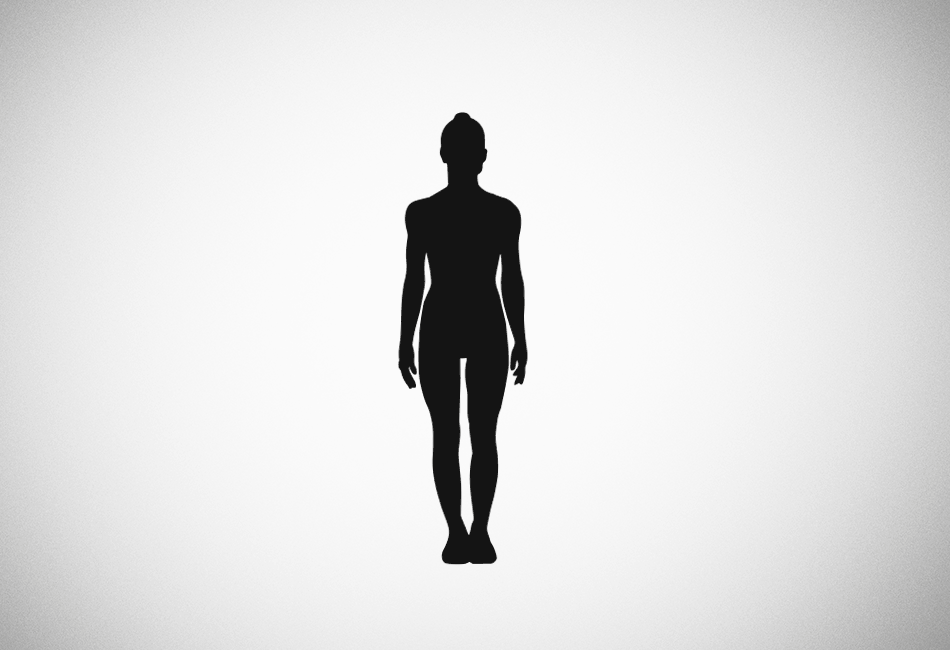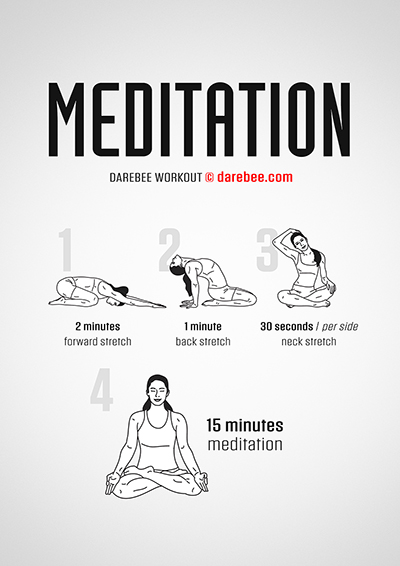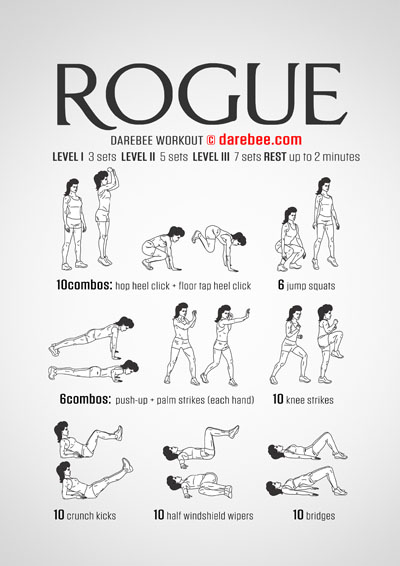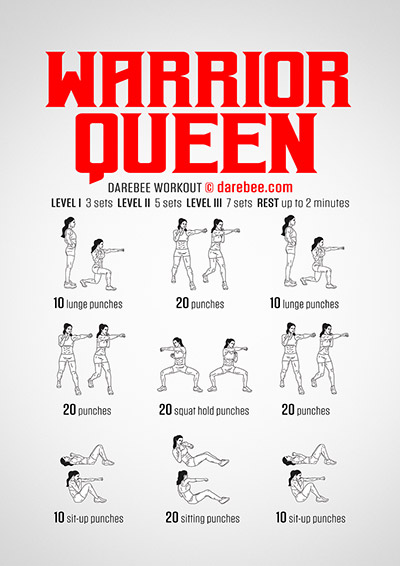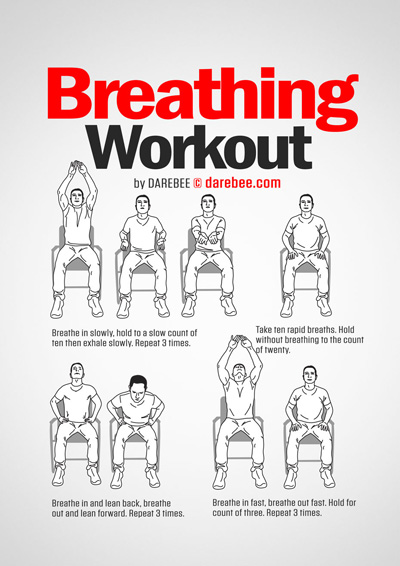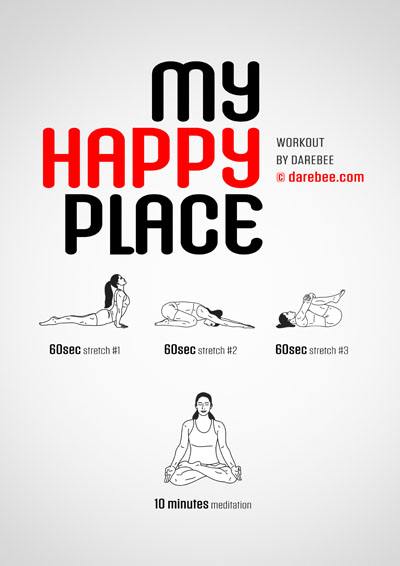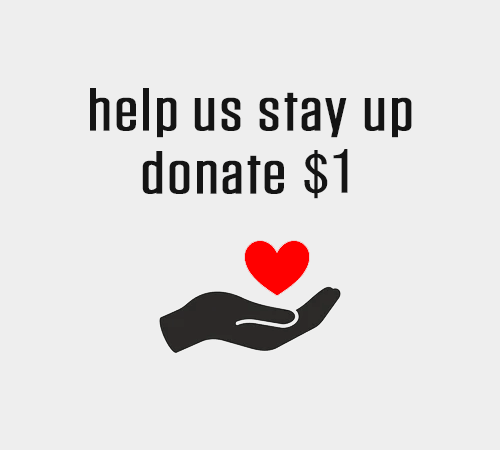According to a Gallup survey almost a quarter of the world feels lonely. The World Health Organization (WHO) called it a “loneliness epidemic” and the U.S. Surgeon General put out a report advancing just how bad loneliness is for the social fabric.
Neuroscience shows that the human brain that has evolved to seek others as a means of calibrating its behavior and creating a sense of safety, perceives loneliness as a threat. This, in turn, activates the body’s “fight or flight” response which automatically increases perceived levels of stress, raises inflammation markers in the body and, over time, undermines the immune system.[1]
Indeed, laboratory experiments[2] show that lonely people who are exposed to a cold virus are more likely to contract it and take longer to shake it off than their more social counterparts. A review of 41 studies on loneliness[3] showed that loneliness is associated with lower lifespans and increased instances of mental illness and, in addition, shows structural differences in visual processing, emotional regulation, mood disorders, information processing and perception.
This makes loneliness a significant contributory factor to depression as well as a number of other mental disorders.[4] It is likely to lead to other self-harming behaviors such as smoking[5] and, in terms of affecting heart health it is, according to a University of California study,[6] as bad as smoking 15 cigarettes a day or being clinically obese.
As a matter of fact, such is the harmful effect of loneliness and social isolation on the brain and body that a review of studies of 1.3 million people[7] showed clearly that loneliness is a significant contributory factor to all causes of mortality and that includes cognitive decline and dementia.
When something so seemingly simple has such wide-ranging and deep impact on our mental, physical and psychological health the question becomes: what can we do to mitigate that impact and live longer, healthier lives?
Luckily there are a number of interventions we can put in place.
Ten Strategies For Mitigating Loneliness, Increasing Health And Happiness
A reduction in loneliness contributes directly[8] to an increase in quality of life, better overall health, a reduction in stress, increase in longevity and an increase in self-reported happiness. Achieving all that is a tall order. The ten strategies below are incremental and complementary. You should start off from the one that is easiest to you and build on that. Collectively, however, they will all improve how you feel and how you live and they will make you feel stronger and be healthier.
- Make daily connections. The connection between being social on a daily basis and physical health and mental wellbeing is established.[9] Whether in-person ore remotely it is important to make the effort to connect socially with others, engage with them and listen as well as share news, ideas and information that helps create social bonds.
- Meditate. Long-term meditation rewires the brain,[10] increases gray matter thickness,[11] and it leads to better interoception, self-awareness and emotional control. Meditation is a workout for the brain and mind and this also helps the body stay in a healthy, balanced state. We have a handy guide to get you started.
- Have a support network. No one can make it alone. At some point even the strongest of us will stumble and fail. It is important to be able to ask for help, share your problems and connect with people who automatically have your back. In DAREBEE The Hive, our community forum, provides a safe, welcoming and supportive environment to help you find people who will help you, make new friends, share your fitness journey and, in turn, inspire and motivate others. If you’re lucky enough to have family or friends you can meet in real-life who will unequivocally be there for you, enlist their support for those times when what you need is a cheerleader, not a critic.
- Get physical. Because loneliness makes us feel bad about ourselves both inside (and a mental and psychological level) and out (at a physical one) it is a good predictor of a reduction in physical activity.[12] At the same time there are studies that show that a systematic, sustainable fitness program that can also help us interact with others or come in contact with them helps reduce feelings of loneliness which, in turn, helps turn back the adverse physical, mental and psychological effects associated with loneliness.[13]
- Adopt a pet. There is strong evidence[14] that pet ownership helps alleviate feelings of social isolation and reduce the symptoms that are the result of loneliness.
- Be of service. Research shows[15] that being of service, donating time or money and being engaged in acts that help the greater good have a measurable, positive impact in our brain health, physical fitness and mood. Being kind to others[16] has strong neurobiological correlates that help our body maintain homeostasis in adversity, reduce stress and inflammatory responses and safeguard our healthspan.
- Have fun. Research shows[17] that laughter and a sense of fun help relieve stress, lower blood pressure, reduce stress hormones in the body and brain and help the body’s natural healing process. Find ways to make what you do fun and enjoyable. If you exercise get into RPG fitness routines where you are the hero (or the villain). Share your fitness journey with others (keep a journal in The Hive), be goofy. Don’t take yourself too seriously.
- Take care of yourself. Poor quality sleep aids inflammation[18] in both the body and brain. Poor nutrition[19] and eating highly processes foods[20] are also linked to poor mental and physical health. It is important then to make sure you get the amount of sleep you need, eat nutritious food, stay well hydrated and avoid any food stuff that is highly processed. Take the time to dress properly, choosing clothes that make you feel good about yourself, even if you’re not going to go anywhere as that affects your cognitive sharpness and mental health.[21] On the same principle, take care of your hair and nails. Personal grooming as well as basic personal hygiene[22] affect how we perceive our self and our own worth and affect the responses of both our body and mind.
- Be grateful. Gratitude is also associated with a number of positive changes in the brain[23] that help us navigate the world in an emotionally stable manner. By openly expressing what we are grateful for we internalize much of our own personal situation and gain a valuable perspective that helps us feel better about ourself.
- Go natural. The Japanese call it “forest bathing” (Shinrin-yoku) and it is a walk in nature where they are exposed to natural landscapes (forests and shrubs, meadows and rolling hills). Research[24] shows that it helps reduce blood pressure, reduce anxiety and relieve depression. Studies have also shown that the Mediterranean equivalent of this, i.e. sea bathing has very similar results in overall wellbeing[25] so really it is this regular exposure to nature that resets our brain, lifts our mood and helps our body heal itself.
Summary
Loneliness is an affliction of sorts that negatively impacts the brain and the body. Research shows it can be handled so that it does not become the cause of more serious illnesses and even death. The ten steps outlined above form an effective loneliness prevention strategy that should be part of your plan to live a long, healthy and happy life.
Suggested Workouts
Research
- 1. Finley AJ, Schaefer SM. Affective Neuroscience of Loneliness: Potential Mechanisms underlying the Association between Perceived Social Isolation, Health, and Well-Being. J Psychiatr Brain Sci. 2022;7(6):e220011. doi: 10.20900/jpbs.20220011. Epub 2022 Dec 26. PMID: 36778655; PMCID: PMC9910279.
- 2. LeRoy AS, Murdock KW, Jaremka LM, Loya A, Fagundes CP. Loneliness predicts self-reported cold symptoms after a viral challenge. Health Psychol. 2017 May;36(5):512-520. doi: 10.1037/hea0000467. Epub 2017 Mar 30. Erratum in: Health Psychol. 2018 Jul;37(7):690. PMID: 28358524; PMCID: PMC5486976.
- 3. Lam, J.A., Murray, E.R., Yu, K.E. et al. Neurobiology of loneliness: a systematic review. Neuropsychopharmacol. 46, 1873–1887 (2021).
- 4. Mushtaq R, Shoib S, Shah T, Mushtaq S. Relationship between loneliness, psychiatric disorders and physical health ? A review on the psychological aspects of loneliness. J Clin Diagn Res. 2014 Sep;8(9):WE01-4. doi: 10.7860/JCDR/2014/10077.4828. Epub 2014 Sep 20. PMID: 25386507; PMCID: PMC4225959.
- 5. Dyal SR, Valente TW. A Systematic Review of Loneliness and Smoking: Small Effects, Big Implications. Subst Use Misuse. 2015;50(13):1697-716. doi: 10.3109/10826084.2015.1027933. Epub 2015 Nov 10. PMID: 26555089; PMCID: PMC4803029.
- 6. Kidambi N, Lee EE. Insight into Potential Mechanisms Linking Loneliness and Cognitive Decline: Commentary on "Health Factors as Potential Mediator the Longitudinal Effect of Loneliness on General Cognitive Ability". Am J Geriatr Psychiatry. 2020 Dec;28(12):1284-1286. doi: 10.1016/j.jagp.2020.08.015. Epub 2020 Aug 28. PMID: 32950365; PMCID: PMC7452903.
- 7. Naito R, McKee M, Leong D, Bangdiwala S, Rangarajan S, Islam S, et al. (2023) Social isolation as a risk factor for all-cause mortality: Systematic review and meta-analysis of cohort studies. PLoS ONE 18(1): e0280308.
- 8. Yanguas J, Pinazo-Henandis S, Tarazona-Santabalbina FJ. The complexity of loneliness. Acta Biomed. 2018 Jun 7;89(2):302-314. doi: 10.23750/abm.v89i2.7404. PMID: 29957768; PMCID: PMC6179015.
- 9. Kim MJ, Sul S. On the relationship between the social brain, social connectedness, and wellbeing. Front Psychiatry. 2023 Feb 24;14:1112438. doi: 10.3389/fpsyt.2023.1112438. PMID: 36911115; PMCID: PMC9998496.
- 10. Eileen Luders, Arthur W. Toga, Natasha Lepore, Christian Gaser, The underlying anatomical correlates of long-term meditation: Larger hippocampal and frontal volumes of gray matter, NeuroImage, Volume 45, Issue 3, 2009, Pages 672-678, ISSN 1053-8119.
- 11. Britta K. Hölzel, James Carmody, Mark Vangel, Christina Congleton, Sita M. Yerramsetti, Tim Gard, Sara W. Lazar, Mindfulness practice leads to increases in regional brain gray matter density, Psychiatry Research: Neuroimaging, Volume 191, Issue 1, 2011, Pages 36-43, ISSN 0925-4927.
- 12. Hawkley LC, Thisted RA, Cacioppo JT. Loneliness predicts reduced physical activity: cross-sectional & longitudinal analyses. Health Psychol. 2009 May;28(3):354-63. doi: 10.1037/a0014400. PMID: 19450042; PMCID: PMC2791498.
- 13. Fabian Pels & Jens Kleinert (2016) Loneliness and physical activity: A systematic review, International Review of Sport and Exercise Psychology, 9:1, 231-260, DOI: 10.1080/1750984X.2016.1177849
- 14. Stanley IH, Conwell Y, Bowen C, Van Orden KA. Pet ownership may attenuate loneliness among older adult primary care patients who live alone. Aging Ment Health. 2014;18(3):394-9. doi: 10.1080/13607863.2013.837147. Epub 2013 Sep 18. PMID: 24047314; PMCID: PMC3944143.
- 15. Geng Y, Chen Y, Huang C, Tan Y, Zhang C, Zhu S. Volunteering, Charitable Donation, and Psychological Well-Being of College Students in China. Front Psychol. 2022 Jan 7;12:790528. doi: 10.3389/fpsyg.2021.790528. PMID: 35069377; PMCID: PMC8777250.
- 16. Fryburg DA. Kindness as a Stress Reduction-Health Promotion Intervention: A Review of the Psychobiology of Caring. Am J Lifestyle Med. 2021 Jan 29;16(1):89-100. doi: 10.1177/1559827620988268. PMID: 35185431; PMCID: PMC8848115.
- 17. Louie D, Brook K, Frates E. The Laughter Prescription: A Tool for Lifestyle Medicine. Am J Lifestyle Med. 2016 Jun 23;10(4):262-267. doi: 10.1177/1559827614550279. PMID: 30202281; PMCID: PMC6125057.
- 18. Dzierzewski JM, Donovan EK, Kay DB, Sannes TS, Bradbrook KE. Sleep Inconsistency and Markers of Inflammation. Front Neurol. 2020 Sep 16;11:1042. doi: 10.3389/fneur.2020.01042. PMID: 33041983; PMCID: PMC7525126.
- 19. Stumpf F, Keller B, Gressies C, Schuetz P. Inflammation and Nutrition: Friend or Foe? Nutrients. 2023 Feb 25;15(5):1159. doi: 10.3390/nu15051159. PMID: 36904164; PMCID: PMC10005147.
- 20. Tristan Asensi M, Napoletano A, Sofi F, Dinu M. Low-Grade Inflammation and Ultra-Processed Foods Consumption: A Review. Nutrients. 2023 Mar 22;15(6):1546. doi: 10.3390/nu15061546. PMID: 36986276; PMCID: PMC10058108.
- 21. Slepian, M. L., Ferber, S. N., Gold, J. M., & Rutchick, A. M. (2015). The Cognitive Consequences of Formal Clothing. Social Psychological and Personality Science, 6(6), 661-668.
- 22. van Paasschen J, Walker SC, Phillips N, Downing PE, Tipper SP. The effect of personal grooming on self-perceived body image. Int J Cosmet Sci. 2015 Feb;37(1):108-15. doi: 10.1111/ics.12176. Epub 2014 Dec 12. PMID: 25367114.
- 23. Fox Glenn R., Kaplan Jonas, Damasio Hanna, Damasio Antonio. Neural correlates of gratitude. Frontiers in Psychology, Vol 6, 2015, DOI:10.3389/fpsyg.2015.01491, ISSN: 1664-1078.
- 24. Furuyashiki A, Tabuchi K, Norikoshi K, Kobayashi T, Oriyama S. A comparative study of the physiological and psychological effects of forest bathing (Shinrin-yoku) on working age people with and without depressive tendencies. Environ Health Prev Med. 2019 Jun 22;24(1):46. doi: 10.1186/s12199-019-0800-1. PMID: 31228960; PMCID: PMC6589172.
- 25. Burlingham, A., Denton, H., Massey, H., Vides, N., & Harper, C. M. (2022). Sea swimming as a novel intervention for depression and anxiety - a feasibility study exploring engagement and acceptability. Mental Health and Physical Activity, 23, [100472].

